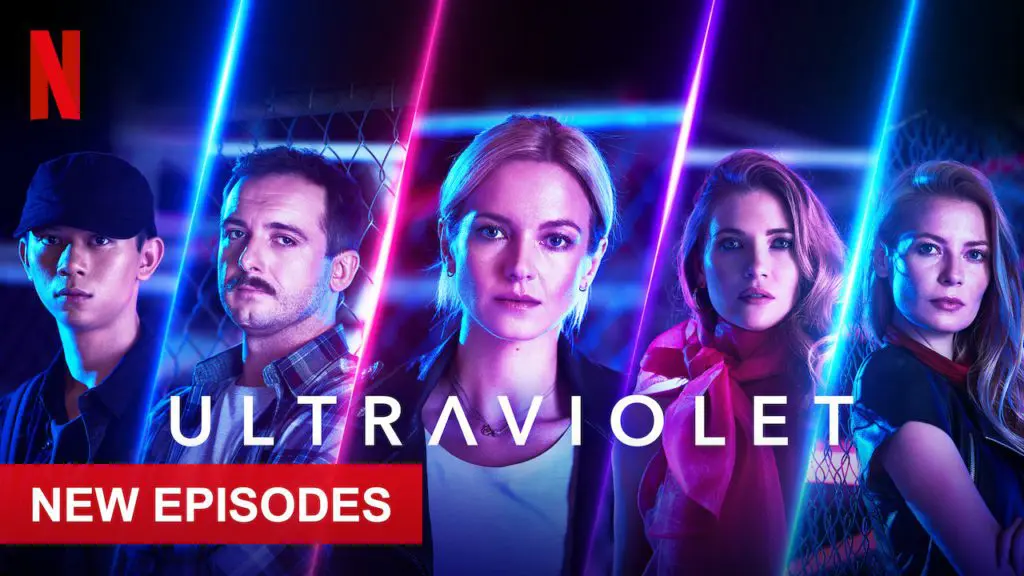Summary
Despite a broader character focus, Ultraviolet Season 2 lacks its predecessor’s energy and imagination, as well as some vital leading chemistry.
This review of Ultraviolet Season 2 (Netflix) is spoiler-free.
I managed to annoy a surprising number of people by slagging off the first season of Netflix’s Ultraviolet, a show with a history more interesting than its cases. Created by Wendy West and originally intended as a show for Fox in the U.S., it moved to Polish network AXN with a game cast of local actors and then whipped up a whirlwind after being picked up by the streaming giant. The premise of internet-savvy amateur sleuths doing the police’s job for them obviously appealed to binge-watchers — not exactly a mystery, I suppose — and thus, we have a 12-episode follow-up in Ultraviolet Season 2.
It wasn’t promising to learn that the second season enjoyed a sharp decline in ratings in its native country, and it wasn’t surprising to learn why: This sophomore outing is notably a step down from its predecessor, with a casting switcheroo sapping some engaging chemistry from the lead lineup and an obviously deteriorating sense of energy and imagination. It will still have enough leftover charm to satisfy the most ardent supporters of the first season, and it retains the themes of law enforcement incompetence and the inherent dangers of being related in any way to heroine Ola (Marta Nieradkiewicz).
Ultraviolet Season 2 moves away from Ola somewhat with a broader focus that achieves mixed results; on the one hand fleshing out supporting characters and their attendant stories but on the other reminding everyone that Nieradkiewicz is easily the best thing about this show. It isn’t awful but, like the first season, even though I was seemingly the only person to think so, it doesn’t manage to capitalize on a decent premise — especially now that premise isn’t as fresh-feeling as it once was.




